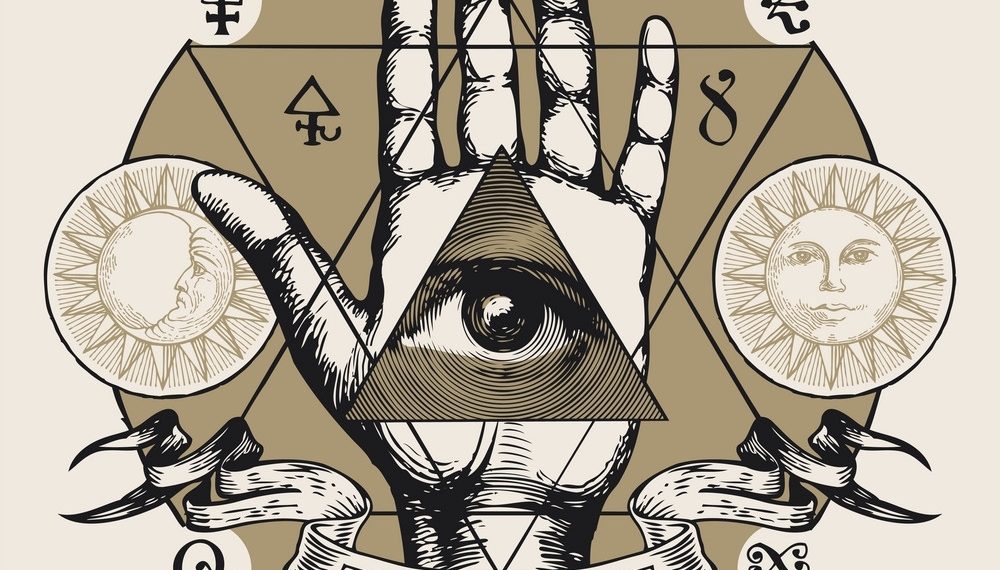One of my favorite shows is Deadly Women. It’s a series hosted on the I.D. Network recounting the lives and sordid affairs of female murderers throughout history. It couples them with hilarious acting, making it, as one Netflix member described it in her review, “the cheesy poofs of crime shows.” It also includes interviews from former FBI profiler Candace DeLong, forensic pathologist Janis Amatuzio, and witnesses/family members of victims/former friends, family and coworkers of the criminals profiled.
Not all of the women are remorseless killing machines, though many are. Myra Hindley, working with boyfriend and partner-in-crime Ian Bradey, tortured and murdered five children, then buried them in the English Moors to act out Bradey’s criminal fantasies. Nurse Jane Toppan confessed to 31 murders in 1901, having poisoned dozens of her patients under the guise of healing them for her own sexual gratification. Rebecca Salcedo married a socially awkward millionare with plans to divorce him and take everything he owned, but when she learned she stood to gain only thousands, she murdered him to cash out a life insurance policy.
Some are depicted more sympathetically. Jennifer Reali was manipulated through fear of God to murder her insurance salesman lover’s wife, who was dying of lupus and became a burden to him. Amber Cummings, abused physically, sexually and emotionally for years by her Nazi-loving, white-supremacist husband, shoots him, after he reveals his extensive child pornography collection, to protect her daughter from being assaulted. Heather D’Aoust, the fifteen-year-old adopted daughter of Christian fundamentalist parents, responds to punishment for her lesbian affair with a classmate by bludgeoning her mother to death with a claw hammer in an act that is widely regarded as the product of mental illness.
What distinguishes these killers between “evil” and “sympathetic?”
Satanic philosophy is not concerned with moralistic disclaimers. It is concerned with agency – the execution of one’s individual will. It makes a virtue of self-interested behavior. And though some sects would claim that this self-interest can delve as deep into the moral event horizon as one would like, including human sacrifice – the Order of Nine Angles and the Friends of Hecate in particular – most are not willing to make the leap into pure moral relativism. They seek a maxim upon which their reprimand of truly heinous behavior can be based, without falling back on pre-established notions of right and wrong.
I would argue the answer is part of that notion – agency – and exemplified by the cases of the aforementioned women.
Evil is the process by which one’s self-interest blinds one’s reason.
Evil is not a single event in time. It is a continuum contingent upon one’s perspective. When the single-minded ambition to pursue a goal blinds you to your better judgment, to the needs of those who depend on you, to the possibility of future consequences, you have entered a continuum of evil behavior. This ambition can be for just about anything. Advanced drug abusers’ single-minded ambition to get high causes harm to themselves and those around them. The serial killer’s single-minded ambition to be sexually stimulated, to act upon an incapacitating delusion, or to obtain wealth is what guides their crimes. The dictator’s single-minded ambition for power compels them to seize it at the expense of everyone below them. In all cases, it isn’t the end – the final goal – that’s important, so much as the individual’s willingness to execute this will with no regard for the consequences to themselves or others. It is a sort of psychological tunnel vision.
This is why it is important for Satanic scholars to acknowledge that an ethical code based on self-interest is only valid when it places equal emphasis on personal accountability and the use of one’s reason.
The “sympathetic” killers are not regarded as evil because, due to their circumstances, they were compelled by forces beyond their control. Whether they were brainwashed and manipulated like Reali, had their children threatened like Cummings, or were mentally ill like D’Aoust (whose biological parents were schizophrenic and bipolar), the crime does not represent their malicious intent, but a loss of control.
Both are parables for the self-interested philosopher to follow. It is a cautionary tale: both the total loss of one’s will, and the mindless execution of it, can compel one to do truly detestable things. Only when in possession of one’s faculties and in full control of one’s agency can you achieve Satanic greatness.


